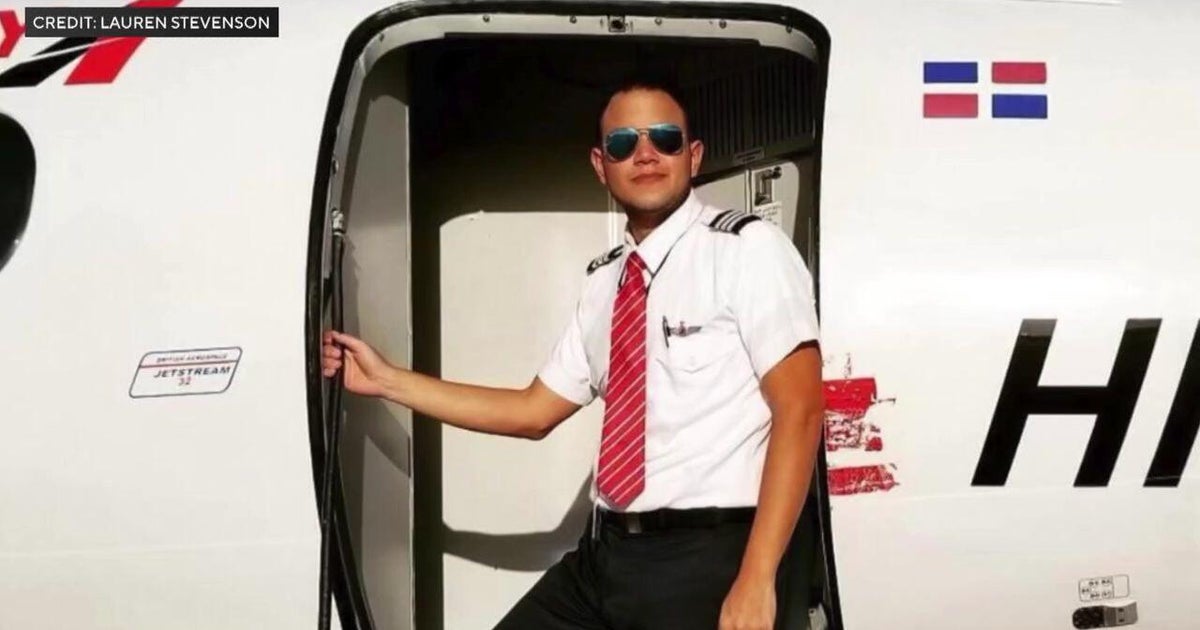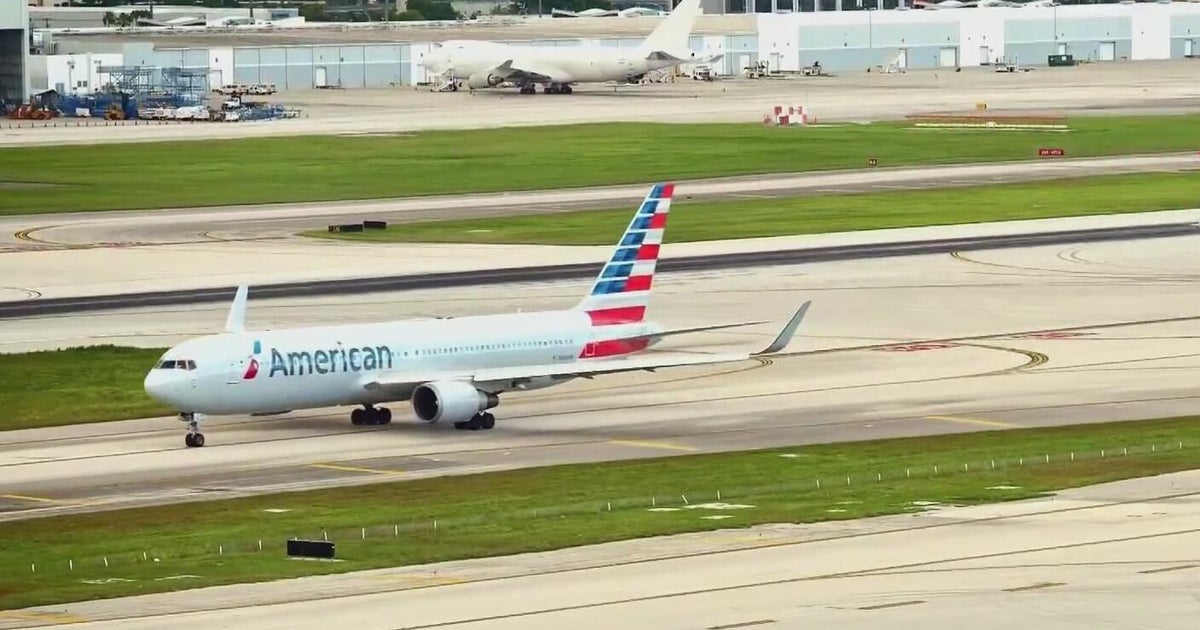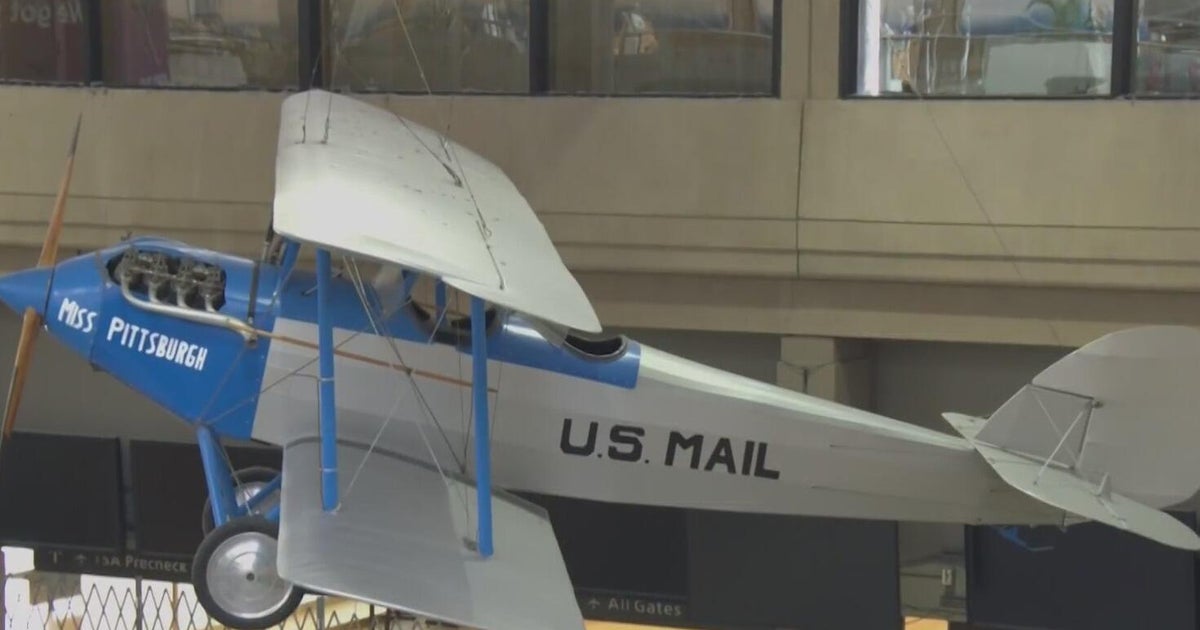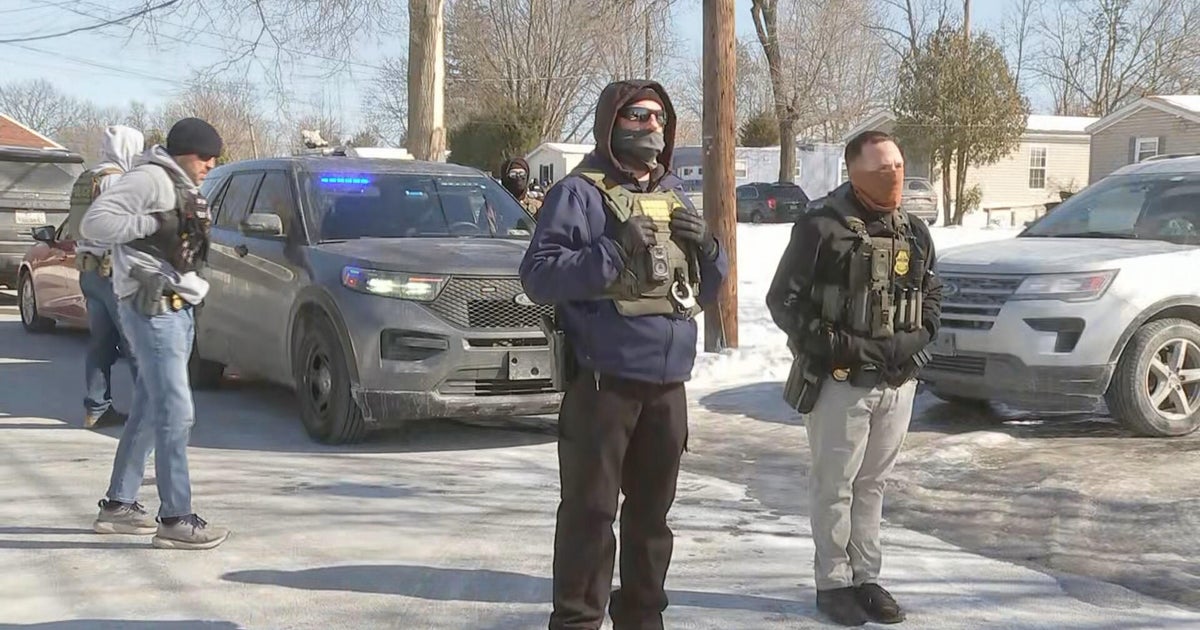FAA Orders More Rest Time For Pilots Between Shifts
DFW AIRPORT (CBSDFW.COM) – They fly across the country, crossing time zones, often in the middle of the night. The lives of hundreds of passengers are in their hands. And they often do it on just a few hours of rest.
The federal government is stepping in though to give pilots a break.
The Federal Aviation Agency announced new rules Wednesday designed to eliminate the risk of fatigued pilots flying planes. It was a move that came after five decade of lobbying by pilot associations.
"Under the old rules there were many nights when I was lucky to get five hours of sleep," former commercial pilot and aviation expert Denny Kelly said.
Kelly sat on a committee in the 1960s that pushed for more pilot rest time. The roadblock, he said, was the same one airlines are citing now –– the increased cost of boosting downtime for pilots.
The FAA estimates it could be a $300 million impact to airlines, though they argue it could climb into the billions.
Kelly said safety should be a priority.
"The lack of sleep can cause as much of a deterioration on your performance as being drunk. Period. There's no doubt about it," he said.
The new rules will require pilots rest for 10 hours between shifts, two more than required now.
They will only be allowed to be behind the controls for eight to nine hours a day, depending on when they start. Pilots will also have to be off duty for 30 straight hours at least once a week.
And they will have to state before each shift that they are fit for duty, or be replaced by the airline.
"The body needs to really get to the point where it goes into recovery mode and doing everything it needs to do to recover from a normal days function," said sleep expert John Truitt.
His Plano company treats patients with sleep deprivation.
He said pilots, police and truck drivers are among the prime candidates of professions associated with problems that could be eliminated with just a few extra hours of rest.
The new rules may end up impacting passengers in addition to pilots, though aviation experts said the average traveler may not notice. There could be fewer flights, different schedules and higher ticket prices to accommodate the new rules.
The Allied Pilots Association, which represents American Airlines pilots, voiced support for the new rules.
It questioned, however, the decision to let cargo carriers opt out of the requirements.
The FAA cited additional cost concerns for cargo companies because their pilots often work overnight, when the new rules become more stringent.
The APA said a fatigued pilot is a fatigued pilot, whether his plane is carrying passengers or cargo.







